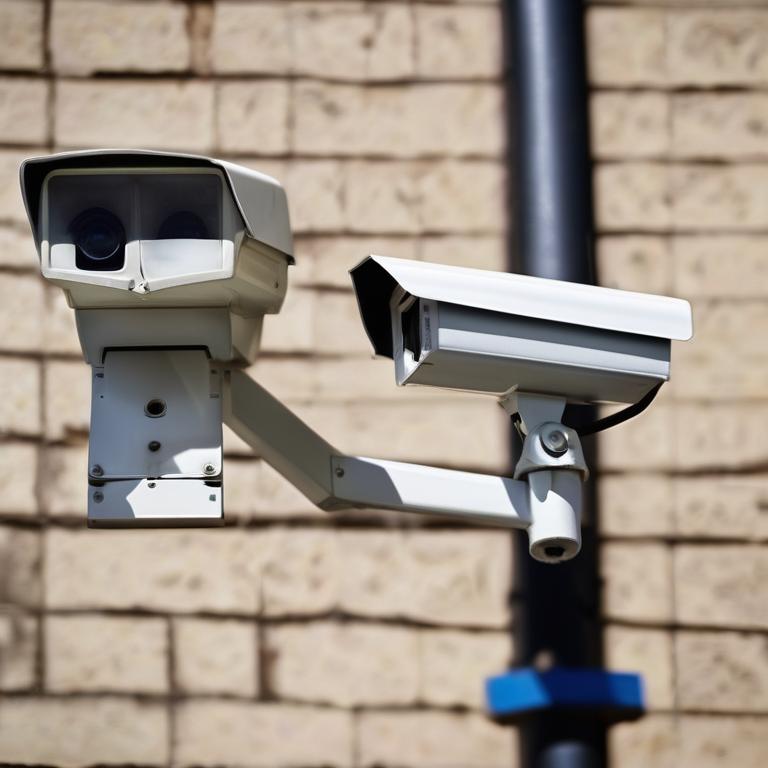The Orwellian spectre of mass surveillance is becoming an alarming reality as governments across Africa are increasingly employing Closed Circuit Television (CCTV) cameras under the pretext of traffic control and security.
What is touted as a tool for public safety could, in fact, be a wolf in sheep’s clothing, threatening our privacy and civil liberties.
Take Uganda’s Intelligent Transport Monitoring System, launched in November 2023, as an example. On the surface, it appears to be a step forward in managing traffic by using CCTV cameras to track all vehicles across the country in real time.
However, beneath this seemingly benign purpose lurks a potential menace: the misuse of this technology to infringe upon Ugandan citizens’ human rights.
Similarly, in Zimbabwe, cities like Bulawayo have announced plans to install CCTV cameras in their central business districts from February 2024 onwards.
While these initiatives are ostensibly aimed at curbing crime and facilitating traffic flow, they can easily be twisted into tools for invading the privacy of ordinary citizens. This raises serious concerns about threats to fundamental human rights such as freedom of assembly, association, and movement.
The Paradigm Initiative (PIN), a leading non-governmental organization in ICT for Development and Digital Rights, echoes these concerns.
Thobekile Matimbe, PIN’s Senior Manager of Partnerships and Engagements, has stressed that “Privacy is a crucial right that should only be curtailed when there are safeguards to protect the right itself.”
She warns against the weaponization of surveillance tools against human rights defenders and emphasizes the need for a balancing act that incorporates human rights into the process.
But this isn’t just about the rights of activists and journalists. This is about the rights of every citizen who steps out onto the street, drives their car, or simply goes about their daily life.
The chilling effect of such surveillance can stifle democratic activities and inhibit free expression. After all, who would dare to speak out if they knew they were being watched?
To counteract these threats, we must heed the recommendations put forth by organizations like the Paradigm Initiative:
- Developers of surveillance technology should prioritize security by design to minimize the risk of their products compromising privacy or being vulnerable to hacking.
- Governments should adopt policy guidelines such as the African Union’s Data Policy Framework in Africa and align national policies accordingly.
- Governments should refrain from using surveillance technologies to target human rights defenders.
- Government agencies and the private sector should hold public consultations and conduct human rights impact assessments before installing surveillance technologies.
As we commemorate Data Privacy Day, let us not forget the growing threat posed by the misuse of surveillance technologies.
It’s time to shift the focus from unchecked surveillance to data protection and respect for privacy. In the digital age, privacy is not just a right; it’s a necessity. And it’s high time we treated it as such.



